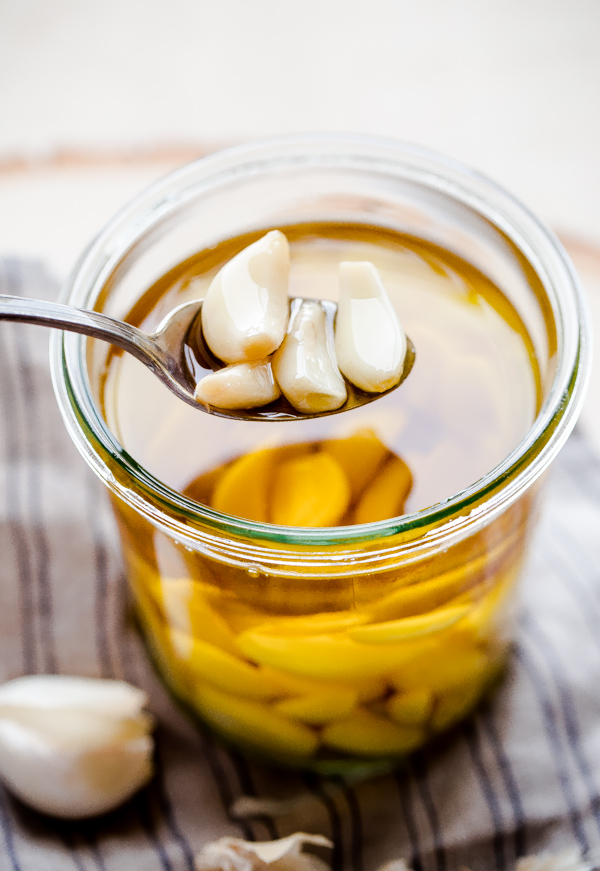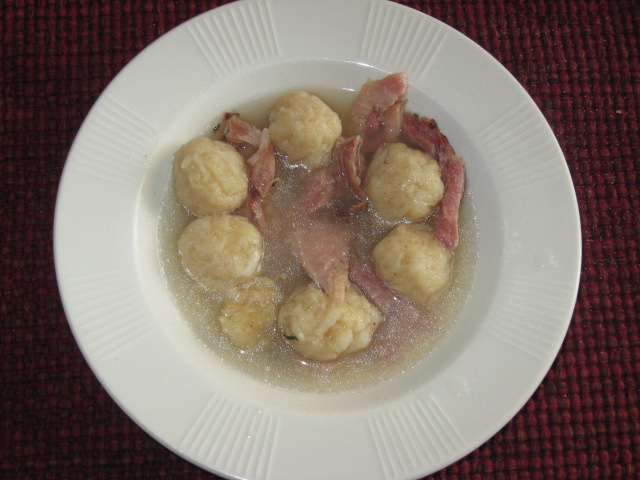Garlic Oil Benefits: Boost Immunity, Heart Health & Flavor Your Dishes
Garlic oil offers several health benefits. It boosts your immune system thanks to its high allicin content. Allicin has antimicrobial properties that help your body fight infections. Regular use of garlic oil supports heart health by reducing cholesterol levels and regulating blood pressure. According to a study published in the Journal of Nutrition, garlic oil can significantly lower LDL cholesterol and improve overall cardiovascular function.
Moreover, garlic oil aids digestion. Its anti-inflammatory properties soothe the gastrointestinal tract, promoting better nutrient absorption and reducing digestive discomfort. The sulfur compounds in garlic oil also detoxify your liver, enhancing its ability to filter out toxins from your body.
Cooking Advantages
Garlic oil enhances cooking in various ways. It infuses a rich, savory flavor into dishes. You can use it as a base for marinades, salad dressings, and sauces. Since garlic oil has a high smoke point, it’s ideal for sautéing and frying. Unlike raw garlic, garlic oil provides a milder taste, which ensures that it doesn’t overpower other ingredients.
Garlic oil’s versatility shines in both vegetarian and non-vegetarian dishes. You can drizzle it over roasted vegetables or mix it into pasta. For meat dishes, garlic oil enhances the flavor of steaks, chicken, and seafood. Its ease of use and flavor profile make it a must-have in your kitchen.
How Garlic Oil is Made
Process of Extraction
Garlic oil is typically extracted using two main methods: steam distillation and cold pressing. In steam distillation, garlic cloves are placed in a steam chamber. The steam breaks down the cell walls, releasing the essential oils. These oils then condense and are collected. This method ensures purity and retains the oil’s therapeutic properties.
Cold pressing involves crushing fresh garlic cloves. Pressure is applied to extract the oil directly from the cloves. The oil is then filtered to remove any solid particles. Cold pressing is favored for preserving the natural aroma and flavor of garlic, making it popular in culinary uses.
Types of Extracts
There are two primary types of garlic oil extracts: pure garlic oil and garlic-infused oil.
Pure Garlic Oil is derived from the distillation or cold pressing process and contains concentrated allicin and other natural compounds. It’s potent and used in cooking, therapeutic applications, and supplements.
Garlic-Infused Oil is made by immersing garlic cloves in a carrier oil, such as olive or sunflower oil. The oil absorbs the garlic’s flavor and mild medicinal properties. Garlic-infused oil is less concentrated than pure garlic oil, making it ideal for culinary uses where a subtler flavor is desired.
Uses of Garlic Oil
In Traditional Medicine
Garlic oil is valued in traditional medicine for its therapeutic benefits. Its antibacterial and antifungal properties make it effective in treating skin infections, including fungal infections like athlete’s foot. Applied topically, garlic oil can soothe irritated skin. For respiratory issues, such as colds and bronchitis, inhaling steam infused with garlic oil may provide relief. Its anti-inflammatory properties also help alleviate symptoms of arthritis when massaged onto affected joints. Traditional treatments often include garlic oil to promote overall health and well-being.
In Culinary Practices
Garlic oil enhances the flavor of dishes while providing health benefits. Its rich aroma and taste elevate salads, soups, and marinades. Cooking oils infused with garlic oil add depth to stir-fries and roasted vegetables. You can drizzle garlic oil over bread or pizza for an extra layer of flavor. When making pasta or rice dishes, incorporating garlic oil offers a subtler garlic taste without overpowering the other ingredients. Its versatility makes garlic oil a staple in many kitchens.
Comparing Garlic Oil With Other Supplements
Garlic Oil vs. Other Oils
Garlic oil provides distinct health benefits that differentiate it from other oils. When comparing garlic oil to olive oil or coconut oil, garlic oil stands out due to its high concentration of allicin, a compound with potent antibacterial and antiviral properties. Olive oil, rich in monounsaturated fats, primarily supports heart health. Coconut oil, high in medium-chain triglycerides (MCTs), boosts energy and metabolism. Unlike these oils, garlic oil uniquely supports the immune system and offers anti-inflammatory benefits, making it a comprehensive supplement.
Garlic Oil vs. Whole Garlic
Garlic oil offers a concentrated form of garlic compounds. When compared to whole garlic cloves, garlic oil is more convenient for daily use and cooking. Whole garlic requires peeling, chopping, or crushing to release its active components; garlic oil provides these benefits in an easy-to-use form. Additionally, the oil form is less likely to cause digestive discomfort than raw garlic, which can sometimes lead to bloating or heartburn. With garlic oil, you still receive many of the cardiovascular and antimicrobial benefits attributed to whole garlic, but in a more versatile and user-friendly option.
Conclusion
Garlic oil stands out as a versatile addition to both your kitchen and wellness routine. Its unique health benefits and culinary advantages make it a valuable asset. Whether you’re looking to boost your immune system, enhance heart health, or simply add a rich flavor to your dishes, garlic oil offers a convenient and effective solution. Embrace the power of garlic oil and experience its myriad benefits in your daily life.






